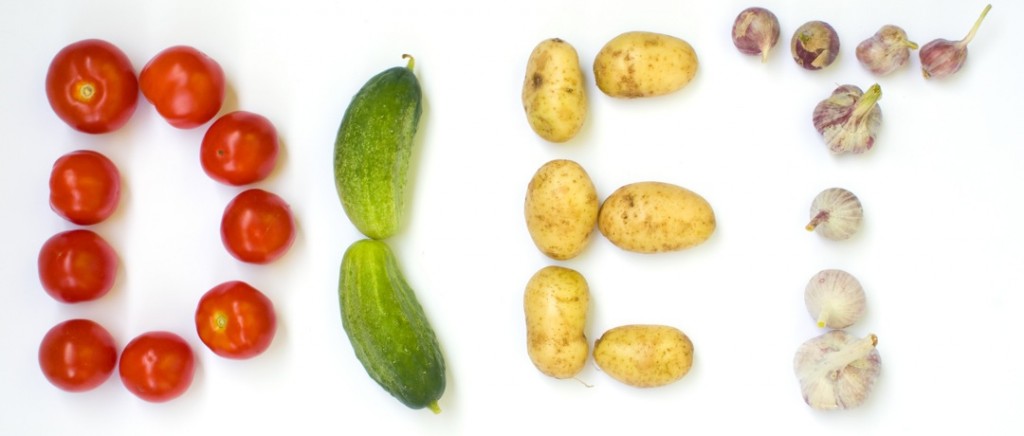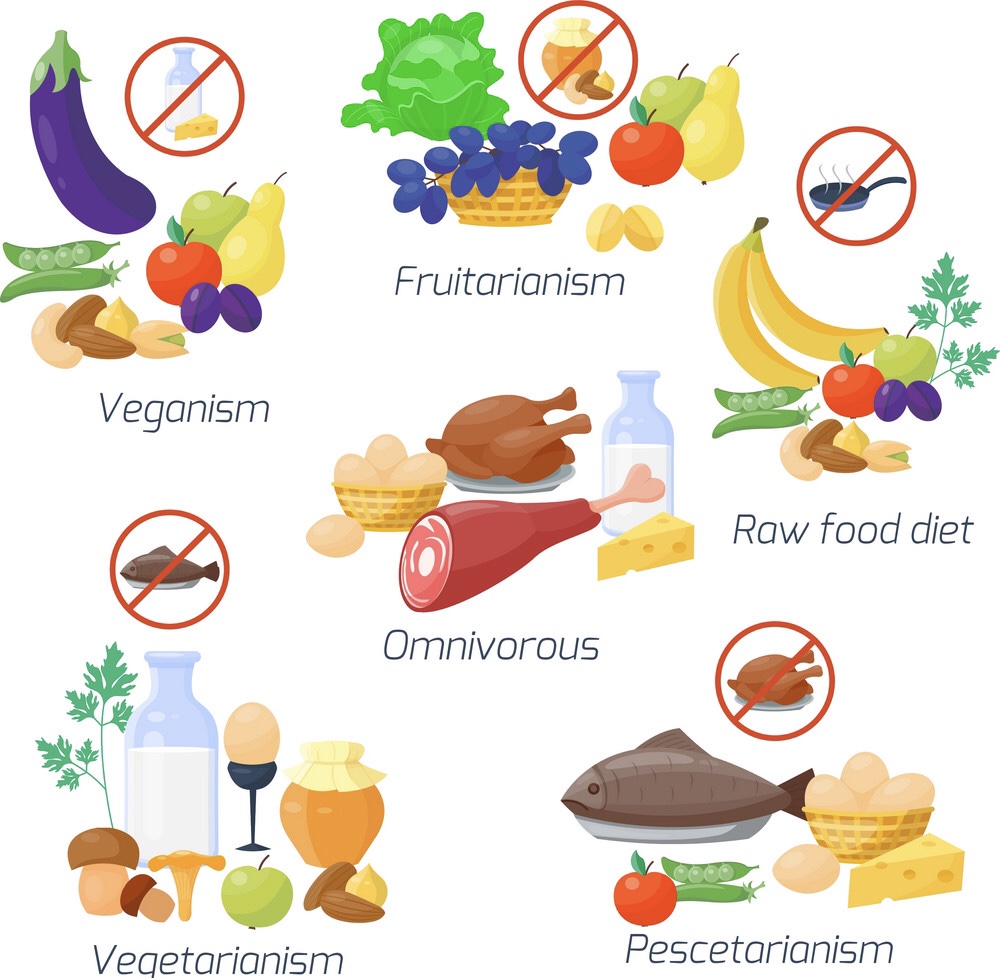
Changing Your Diet for Better Results
Staying committed to any strict diet for a long period of time can be overwhelming to even the most dedicated health and fitness enthusiast.
Diets can feel like you’re in a mental prison, where eating the foods that you truly enjoy make you feel guilty because it’s forbidden on your meal program.
For this reason, weight again is almost inevitable since most people fail these strict diets and start binging on the more pleasurable foods that’s tempting to resist.
Diets are best used in the short-term, as they create overall reductions in water retention, body fat, and lean muscle mass preservation (when dieting is done the right way).
While most diets are focused on avoiding certain types of foods, the most important factor in balanced diet is hormonal balance. If your hormones are out of whack, the healthiest foods that you consume will do nothing for fat loss.
Because so many diets focus on the calories in/calories out principle, there’s rarely any particular diet that works the best for everyone and anyone.

Why Changing Your Dieting Style is Irrelevant for Fat Loss
Finding a diet that fits your needs can be confusing because of the wide varieties to choose from. Choosing a diet that’s both healthy and beneficial for fat loss really comes down to your eating preference.
Choosing a vegan diet over a Paleo diet for example, may be a smarter choice if eating meat and animal products doesn’t leave you with guilt for ethical or moral reasons. Paleo diets have an emphasis on eating whole foods, with meat and veggies included.
The diet that’s preferred should also take into account the frequency of meals eaten throughout the day. Consuming food should be within a small time period, otherwise eating any kind of food throughout the day will cause constant insulin spikes. (see What is Intermittent Fasting?)
Releasing the hormone insulin signals the body to send nutrients into the cells and store extra the energy as fat, which is slows the progress of calorie restricted diets.
This is another reason why many of these diets fail, as they allow snacks in between meals that keep insulin levels elevated all day long.
The second reason diets fail to give long lasting results is because of how intolerable restricting calories are when done long term.
The more that calories are restricted the lower basal metabolic rates are lowered, which is why weight gain often occurs when failing at a diet.
The Wrap Up
Changing diets become irrelevant because it’s more important to choose foods that meet your needs with your lifestyle. Choosing a diet to lose weight doesn’t matter in the long run since your weight loss will be determined by your satiety and your metabolic rate, both which are controlled by your hormones. Dieting should be approached as a way of getting healthy and losing weight as a result, not losing weight to get healthy.

Leave a Reply
You must be logged in to post a comment.